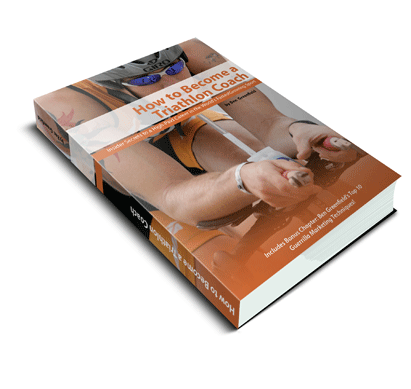Now that you have a good idea of how to teach your personal training clients about the basics of carbohydrates and performance, let’s move into the next logical macronutrient: protein.
You’d be surprised at the number of people in your class who have only a very basic understand of protein, and often simply think that it is derived from meat and should be eaten with dinner.
Begin your discussion of protein with an explanation to your client of what proteins actually are: vital components of every organ and action within the human body, without which we would simply cease to function. In the absence of proper nutritional building blocks for protein, the human body will cannibalize it’s own lean muscle mass and organs, and experience a weakened immune system, poor performance, and inadequate recovery and fitness response. Proteins are comprised of amino acids – many of which the body cannot make on it’s own unless complete proteins are present in the diet.
But it’s a myth that your client needs to get your complete protein from meat. While healthy cold-water fish, free range chicken, lean beef, bison and buffalo, and even pork area all complete amino acid sources, it’s often not practical to eat these immediately after a workout, especially during the magical “20 minute post-exercise window” during which protein consumption is vital.
Instead, think using about protein sources such as whey, rice, hemp or soy protein powder, all of which can be mixed in fruit, coconut water, regular water, almond milk, rice milk or soy milk and consumed as a post exercise treat. Real whole grain foods such as quinoa, amaranth and millet are very easy to prepare and offer an impressive protein profile. Combined proteins, specifically from grains like whole wheat bread with nuts from something like almond butter, can also offer protein in the absence of meat.
When consumed closer than 2 hours prior to exercise, proteins will draw water and blood into the stomach, and can potentially inhibit intense exercise performance or cause gastric distress. Due to increased time of gastric emptying and digestion, any complete proteins should instead be eaten at least 2 hours prior or immediately after a workout. Proteins really only need to be consumed during a workout if an exercise session is lasting more than 2 hours, after which the body may begin to rely on protein increasingly as a fuel source.
Finally, although the RDA is 0.8 grams of protein per pound, very active individuals, people attempting fat loss or lean muscle gain, or athletes may need as much as 1.5-3.0 grams of protein per kg of body weight (there are 4 calories in one gram of protein, and 2.2 pounds in 1 kg)
Now your client has an idea of what types of proteins they can eat, when they should eat those proteins, and how much protein to consume!




